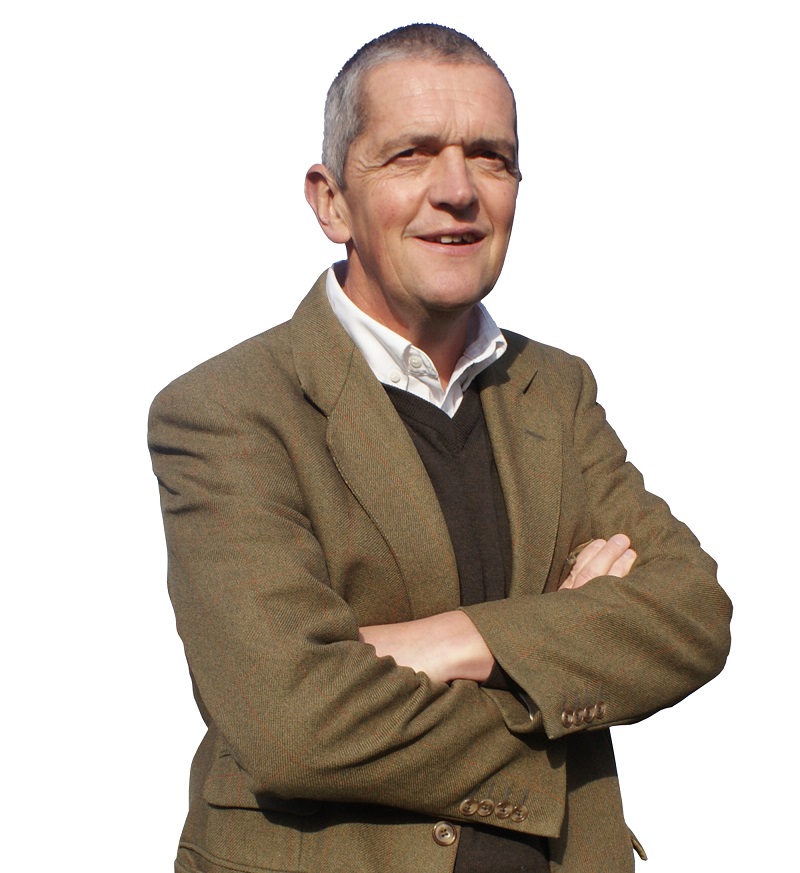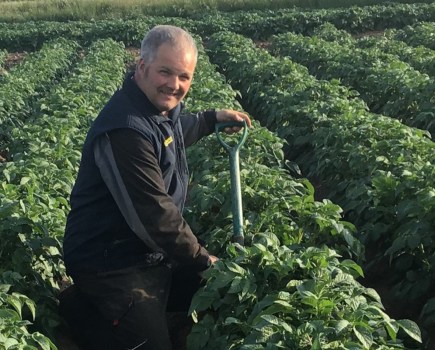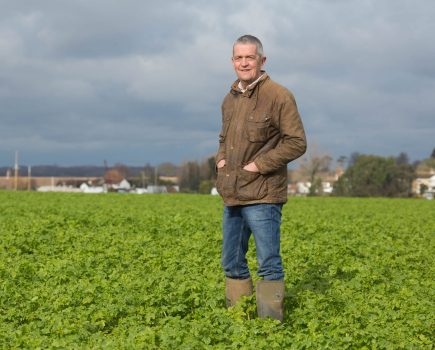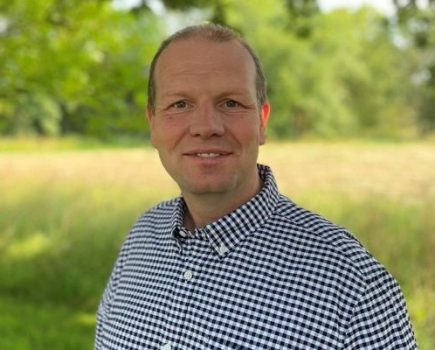 April saw the passing of Lord Plumb. Henry was an extraordinary man who lived an extraordinary life. I had the pleasure of meeting him many times over the past twenty years and, although he was well into his seventies when I first met him, he displayed a vigour that I couldn’t possibly emulate. I revered not just his energy but also the fact he had seen so much life.
April saw the passing of Lord Plumb. Henry was an extraordinary man who lived an extraordinary life. I had the pleasure of meeting him many times over the past twenty years and, although he was well into his seventies when I first met him, he displayed a vigour that I couldn’t possibly emulate. I revered not just his energy but also the fact he had seen so much life.
As a schoolboy he stood on a hill on his farm in the West Midlands and watched the sky turn red as Coventry, with its mighty Cathedral at its centre, burned to the ground at the hands of the Luftwaffe. After the war he embarked on a career becoming a much loved and respected farming leader.
The various crisis and challenges he guided farming through were numerous, from the 1968 Foot and Mouth crisis to the UK’s accession into the EEC in the early seventies. He was one of those people who was both tough and kind at the same time. An oft repeated adulation follows what Obama said about Mandela – that in being, ‘he made me a better man’. It’s trite to repeat such things but none the less, it reflects well how I felt about Lord Plumb.
As leader of the European Parliament, and as a long-standing member of the House of Lords, he travelled the world and mixed with Popes, Monarchs, Prime Ministers and Presidents on the best of terms. But whenever time allowed, he would try to get back to his farm – often late at night. Before he went in to see his wife Margery, he always checked the cows first.
At his core he was a farmer from farming stock. I will miss him greatly, but for such a man to live well into his nineties in good health, we can but be grateful we had him for so long.
The bulls have it (or maybe it’s the bears)
Around this time last year I looked at my crops, looked at the neighbour’s crops, read a few market reports about stocks to use ratios, spoke to a couple of merchants and came to the conclusion £177 was a good price to sell wheat at for early August movement. I duly committed what I thought was a third of my harvest, but it turned out to be more like a half.
To add to the misery, in early August we had to churn the combine through mud to mop up ringing wet wheat that looked more like damp sugar puffs in the trailer than fit grain.
Never in my days (and there’s been quite a lot of days now) did I get it so very wrong. I’ll leave you to work put how much more income I could have made by holding that grain in store and selling it today. I did begin to do the maths, but it started to mess with my mental health. So I very much doubt you would be interested in hearing my thoughts on the current market.
Perversely, you might be interested – as a guide about what not to do. If I had the cajones enough to work on the basis that weather patterns will be roughly average between now and harvest, then I’d commit the whole lot now for August movement at the prices being currently offered. But the contrariness of the weather has got me spooked so I’m going to get it into store and sell it ASAP.
In other words, I think the bulls might be running the show at the moment but the bears are waiting round the corner. If that gives you encouragement to do the very opposite, then I don’t know what will. Happy marketing everyone.
Guy Smith grows 500ha of combinable crops on the north east Essex coast, namely St. Osyth Marsh – officially the driest spot in the British Isles. Despite spurious claims from others that their farms are actually drier, he points out that his farm is in the Guinness Book of Records, whereas others aren’t. End of. @essexpeasant




